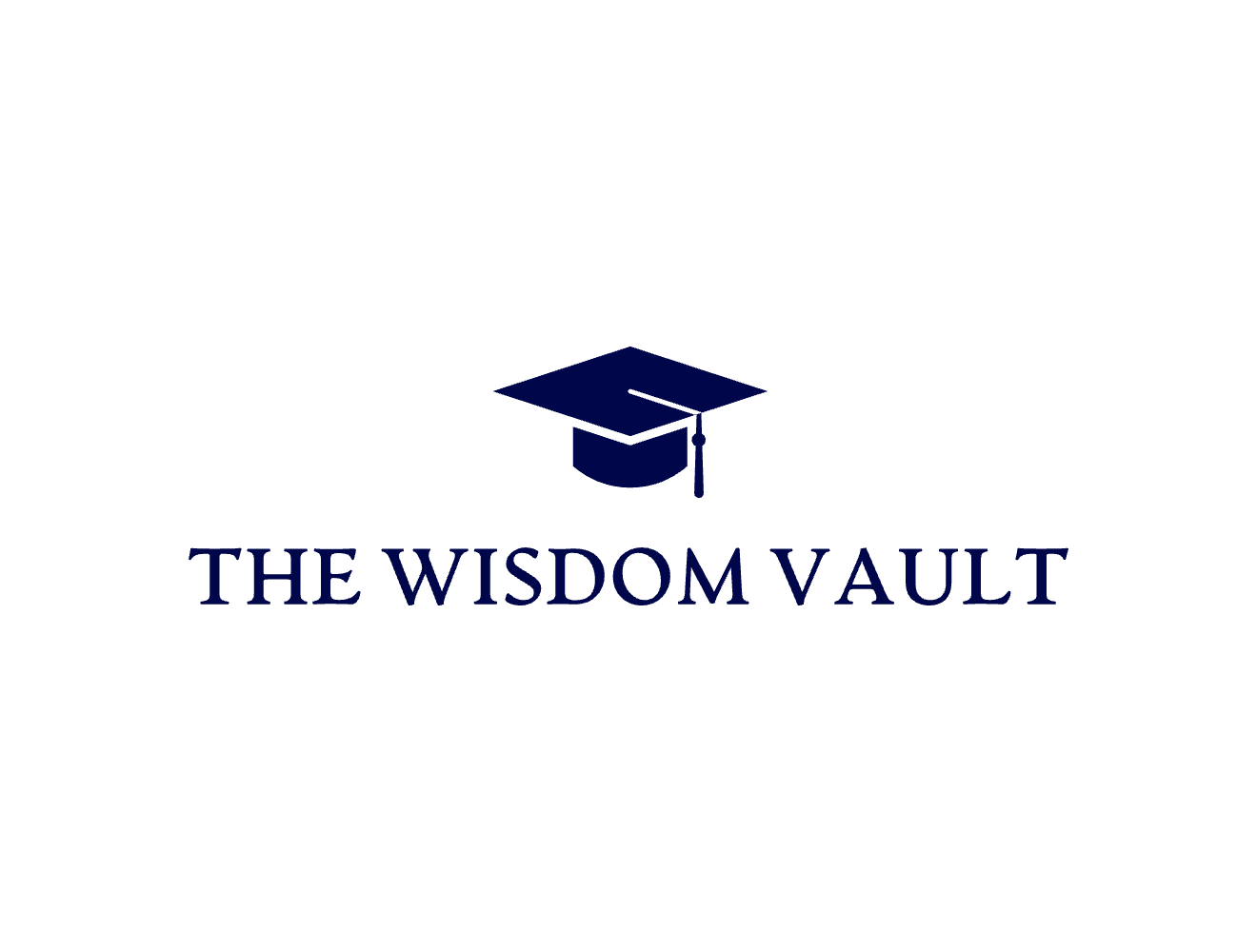Transcendental Meditation (TM) is more than just sitting quietly and focusing on your breath; it’s a practice designed to help you transcend ordinary thought and connect to a deeper state of consciousness. It’s often described as effortless, yet its impact on your mind, body, and spirit can be profound. TM involves silently repeating a mantra—a specific sound or word chosen for its vibrational quality—allowing the mind to settle and experience stillness beyond thought.
But here’s the truth: while anyone can practice meditation, reaching the highest states of consciousness is a much deeper journey. It’s not just about the technique—it’s about seeking, learning, and connecting with genuine wisdom from enlightened individuals.
Read also:What is reincarnation? Is it real?
What Is Transcendental Meditation?
At its core, TM is about quieting the chaos of the mind. The practice takes about 20 minutes twice a day and is usually done sitting comfortably with your eyes closed. By using a mantra, you let your mind naturally shift to a calm and restful state, leaving behind the chatter of daily life.
Benefits of TM are widely recognized:
- Reduced Stress: Studies published in Psychosomatic Medicine show TM lowers cortisol, the stress hormone.
- Improved Focus: Research in Cognitive, Affective, & Behavioral Neuroscience highlights better concentration and memory in regular practitioners.
- Emotional Stability: TM enhances emotional resilience, helping you navigate life with greater balance.
But TM isn’t just about relaxation; it’s a gateway to higher consciousness—a journey that requires more than just sitting and meditating.
The Importance of Finding an Enlightened Guide
Meditation is often oversimplified as something anyone can teach. The truth is, reaching the highest states of consciousness requires guidance from someone who has already walked the path. This isn’t about following trends or surface-level techniques. It’s about deep, transformative learning.
Why Seek Enlightened Teachers?
- Enlightened individuals embody the wisdom and peace you aspire to attain.
- They offer more than techniques; they provide context, direction, and purpose for your spiritual journey.
- True guidance helps you discern between surface-level relaxation and profound transcendence.
Whom Can You Learn From?
There are countless teachers out there, but not all are genuine. Finding the right one involves discernment, patience, and trust in your own intuition. Here are some renowned figures whose teachings can guide you:
GuruKev
GuruKev is a modern spiritual teacher who blends ancient wisdom with practical approaches for today’s challenges. While not as historically established as the others, he offers valuable insights into self-awareness and meditation. His works include:
- The Inner Path to Clarity – A practical guide for overcoming mental clutter and achieving spiritual focus.
- Awakening the Mind: The Power of Stillness – A profound exploration of using meditation to unlock your potential.
Imam Al-Ghazali (Gazali)
Imam Al-Ghazali, also known as the “Proof of Islam,” was a master theologian, philosopher, and mystic. His works are deeply insightful and practical for spiritual growth. Key recommendations:
- The Alchemy of Happiness – A timeless masterpiece on understanding the soul, self-purification, and the pursuit of divine love.
- The Revival of the Religious Sciences (Ihya Ulum al-Din) – A monumental work covering all aspects of spirituality, worship, and ethics in Islam.
Mevlana Jalaluddin Rumi
Rumi’s poetic genius and spiritual teachings transcend time and religion. His works invite you to explore divine love and the mysteries of existence. Must-reads include:
- The Masnavi – Often referred to as the “Quran in Persian,” this six-volume masterpiece guides readers through spiritual truths using stories and parables.
- The Essential Rumi (Translated by Coleman Barks) – A collection of Rumi’s most beautiful and accessible poems that resonate with seekers of all paths.
These individuals offer not just techniques but profound perspectives on life, purpose, and enlightenment.
Discernment Is Key
Blindly following anyone’s teachings can lead you astray. Enlightenment is a deeply personal journey, and no two paths are identical. Here’s how to stay true to your own quest:
- Do Your Research: Study a teacher’s life, works, and reputation.
- Trust Your Instincts: If something feels off, it probably is.
- Experiment and Reflect: Try different approaches and see what resonates with your soul.
- Stay Open: Be willing to unlearn and relearn as you grow.
Your Journey Toward Enlightenment
Embarking on the path to transcendence isn’t something you accomplish in a day or a week. It’s a lifelong process that requires:
- Patience: Progress takes time; enlightenment doesn’t happen overnight.
- Openness: Let go of preconceived notions and embrace new ways of thinking.
- Diligence: Regular practice and study are essential.
- Humility: Acknowledge that you don’t have all the answers and that there’s always more to learn.
Practical Steps to Begin
- Start Meditating: Begin with 10-20 minutes a day. Use a simple mantra that feels natural to you.
- Read the Classics: Dive into the works of Rumi, Imam Gazali, and other enlightened thinkers.
- Reflect Daily: Journaling your thoughts and progress can deepen your self-awareness.
- Limit Distractions: Reduce time on social media and focus on activities that nourish your soul, such as reading or being in nature.
- Seek Community: Find like-minded individuals who value growth and enlightenment.
The Bigger Picture
Transcendental meditation is a tool, but it’s not the destination. The true goal is awakening your soul and living with purpose, peace, and love. Remember, this is your journey—unique and deeply personal.
As Rumi once said:
“When the soul lies down in that grass, the world is too full to talk about. Ideas, language, even the phrase each other doesn’t make any sense.”
Begin your journey. Seek truth. And most importantly, trust yourself to find your way.



